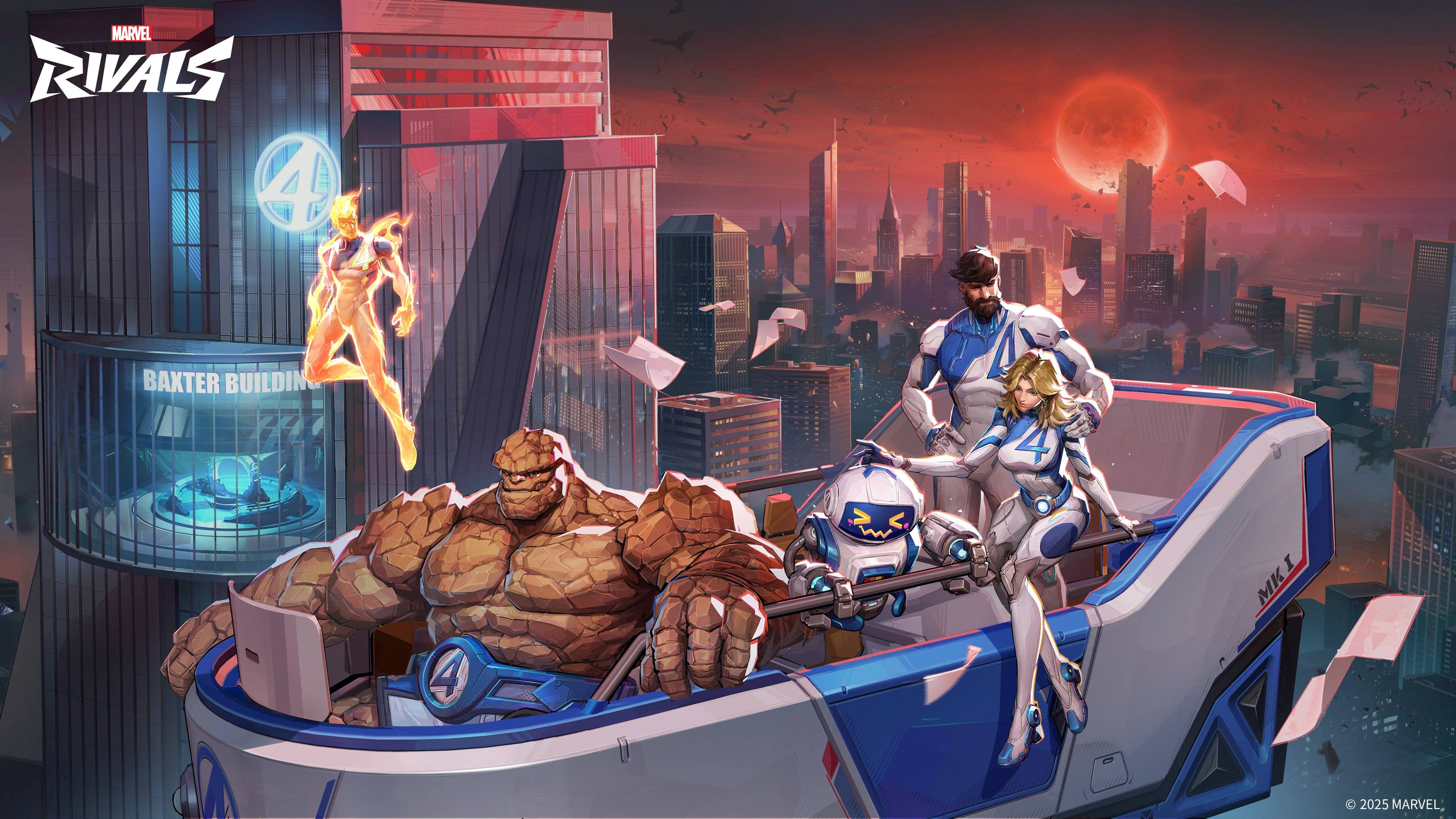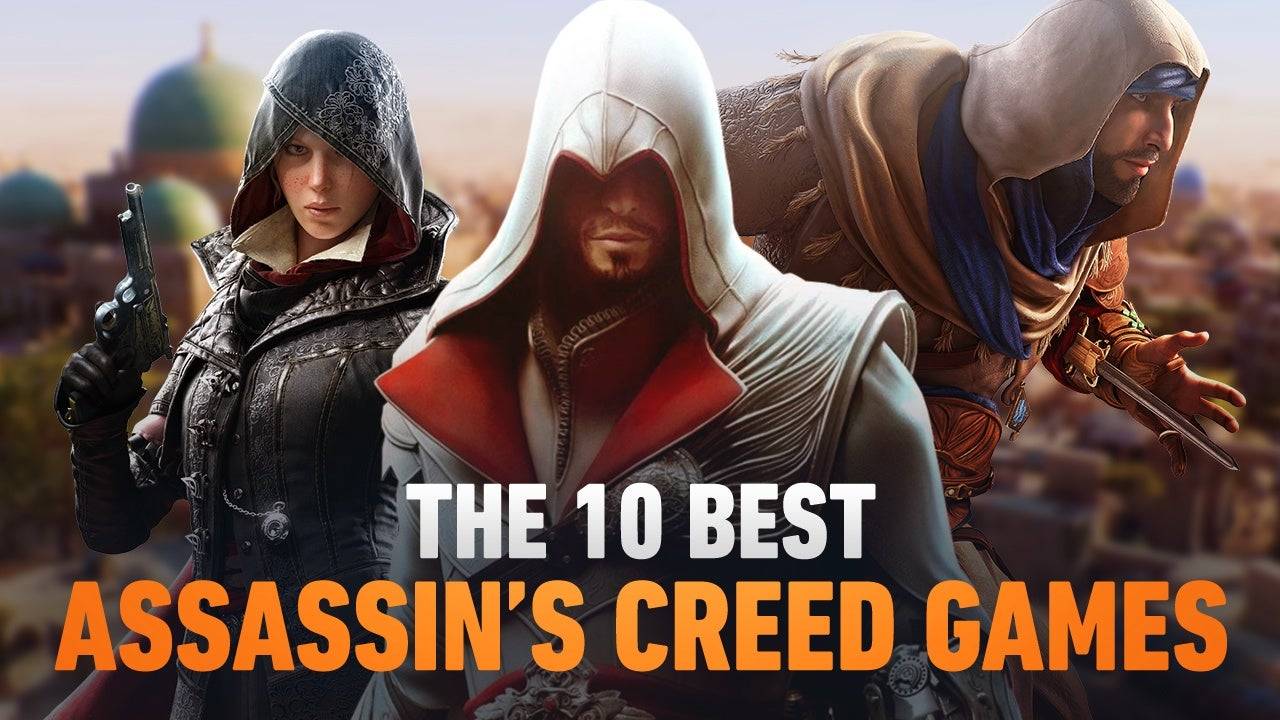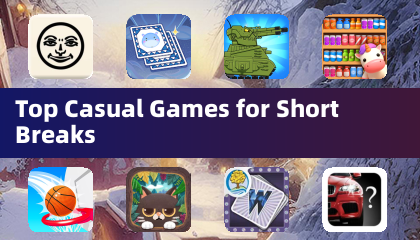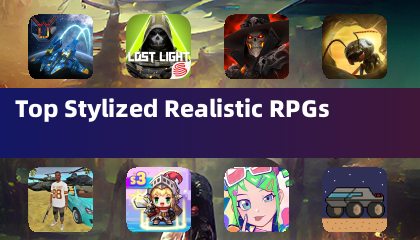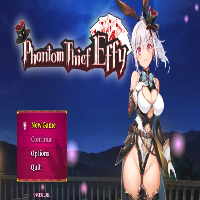It's year-end, and time for my "Game of the Year" selection: Balatro. While not necessarily my favorite game, its success warrants discussion.
By now, assuming you're reading this on schedule (December 29th), Balatro's numerous accolades are likely familiar. It swept awards, including Indie and Mobile Game of the Year at The Game Awards, and remarkably, won two Pocket Gamer Awards: Best Mobile Port and Best Digital Board Game. Jimbo's creation has garnered widespread praise.
However, its success has also sparked confusion and even anger. Comparisons between flashy gameplay trailers and Balatro's relatively simple visuals are common. The disbelief that a seemingly simple deckbuilder won so many awards is palpable.
This, I believe, highlights why Balatro is my GOTY pick. But first, some honorable mentions:
Honorable Mentions:
- Vampire Survivors' Castlevania expansion: A long-awaited addition, finally bringing iconic Castlevania characters into the game.
- Squid Game: Unleashed's free-to-play model: A potentially precedent-setting move by Netflix Games, suggesting a focus on attracting new viewers.
- Watch Dogs: Truth's audio adventure release: An interesting, if unexpected, release method for the Watch Dogs franchise, choosing an Audible-only format.
A Mixed Bag
My personal Balatro experience is mixed. It's undeniably captivating, yet I haven't mastered it. I find detailed statistical optimization frustrating, and despite many hours, I haven't completed a run.
However, Balatro represents excellent value. It's simple, engaging, and undemanding, both technically and mentally. While not my ultimate time-waster (that title belongs to Vampire Survivors), it's a strong contender.
It's visually appealing and plays well. For a modest price, you get a captivating roguelike deckbuilder suitable for public play. LocalThunk's ability to create such an engaging experience from a simple format is impressive. The calming music and satisfying sound effects enhance the addictive gameplay loop. The game's subtle hints at its addictive nature are refreshing.
Beyond the Hype
So, why discuss Balatro again? For some, its appeal isn't immediately obvious.
Balatro's success has drawn criticism, perhaps even more than Astrobot's GOTY win at Big Geoff's awards (ironically, a show we often criticize). The reaction to Balatro reveals a specific perspective on game quality.
Balatro is unapologetically "gamey" in design and execution. It's colorful and engaging without being overly complex or flashy. It lacks the trendy retro aesthetic. It's not a cutting-edge tech demo, having started as a passion project for LocalThunk.
Many, both critics and the public, find Balatro's success baffling. It's not a flashy gacha game, nor does it push technological boundaries. It isn't a battle royale featuring anime characters. To them, it's "just a card game."
Which it is—a well-executed card game with a fresh approach. Game quality should be measured by its execution, not solely by visual fidelity or other superficial elements.

Substance Over Style
Balatro's lesson is simple: Success doesn't require cutting-edge technology or massive multiplayer features. This humble deckbuilder thrived across PC, console, and mobile platforms, overcoming significant challenges faced by many developers.
While not a massive financial success, its low development costs likely resulted in significant profit for LocalThunk.
Balatro demonstrates that multi-platform success doesn't necessitate complex, cross-platform features. Simplicity and well-executed design can attract players across various platforms.
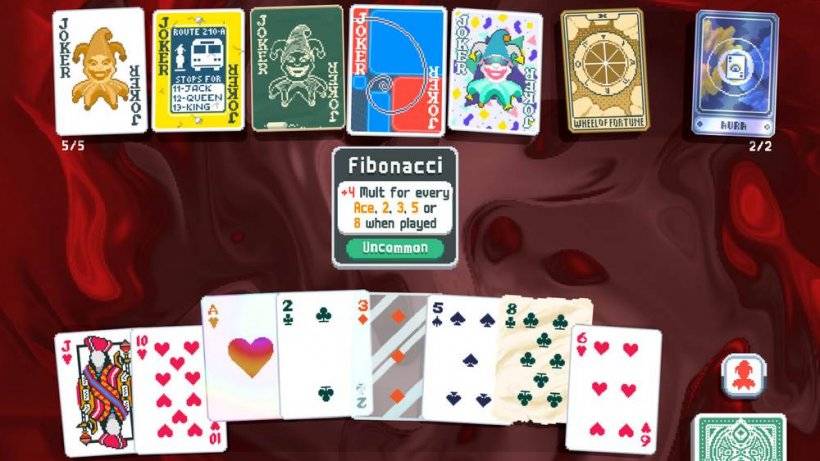
My own struggles with Balatro highlight its unique appeal. Some players strive for optimal deck construction and flawless runs. Others, like myself, enjoy it as a relaxed pastime.
The key takeaway? As Balatro's success shows, you don't need groundbreaking graphics or complex gameplay to achieve success. Sometimes, being a bit of a "joker" is enough.



 LATEST ARTICLES
LATEST ARTICLES 
